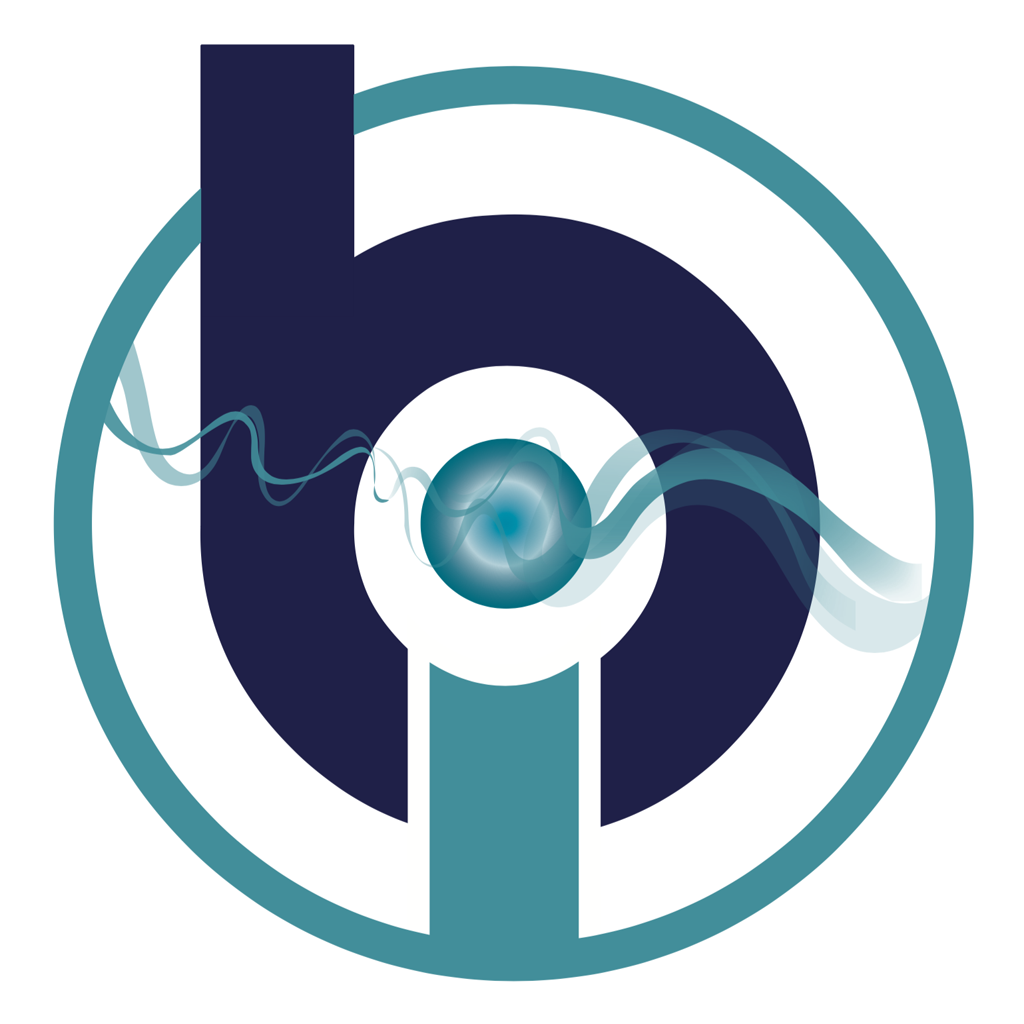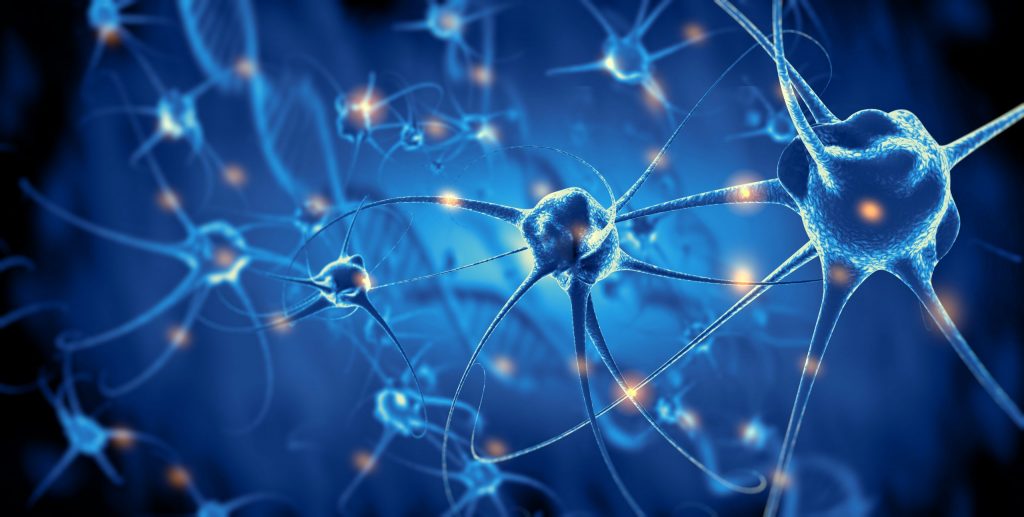Emotions can cause stress on our nervous system. That signal can then travel to one of our organs via a nerve and affect that organ’s function and blood flow to the muscle. The muscles, in turn, connect up to lymph nodes and blood vessels. In this way, the stress caused by our emotions can have an impact on the entire body.
According to Chinese medicine, different emotions affect different parts of the body. For example, feelings of being lost and vulnerable affect the reproductive organs such as the uterus and ovaries. The kidneys are associated with fear, the lungs can be impacted by grief and the gall bladder is affected by anger and resentment.
A phone that has many apps running at the same time may not function properly as it does not have enough power to handle all of the tasks at once. Similarly, if a person’s body is overloaded with many stresses such as yeast, past trauma, hormonal imbalance and strong emotions, then they will not have enough energy left over to be able to fight off diseases.
Psychologists estimate that up to 75% of our thinking is negative. As well as our own negative thinking, we have to cope with that of the people around us and on the internet. Stress is something that nobody can escape from and can come in all different types and affect many different aspects of our life. When we are healthy, the communication in our body will be much more efficient, enabling us to cope with stress more effectively.
Emotions are managed by a part of the brain consisting of glands, called the limbic system, which turns thoughts into chemical responses. New experiences create new nerve pathways within our brain, through what is called neuroplasticity. This means that when a person is stressed because of an illness or bad experience, this actually makes neurotransmitters and creates a chemical response, affecting the hormones that are produced. When certain hormones such as adrenaline and cortisol are produced, this puts us into fight or flight mode. If this state is maintained for long periods of time, it can lead to adrenal exhaustion. This is detrimental to the immune system as well as detoxification and the limbic and digestive systems.
This exhaustion may occur as a result of chronic illness, trauma or another factor. When we are ill, we lose touch with everyday life and may be consumed by feelings of regret or worry about things that have happened in the past or may happen in the future. Even though those events are not happening at that time, the body responds chemically as if you are actually going through the thing that you are concerned about. Due to the presence of the intracardiac nervous system, the heart is able to detect and emit vibration without a person consciously thinking about it.
In our everyday lives we encounter many problems that can quickly pile up and make our body go into fight or flight mode. This can become an obstacle to healing as the body adapts to the stress by creating new synapses in the neuro-network that support this, forming new beliefs. The more a person thinks about a topic, the more nerves grow to support that thought. These nerves grow in the brain and in the body, allowing the signal connected with that trauma to be broadcast throughout the body. Once a belief has been created, we make choices, whether we realise it or not, that are in line with that belief and, therefore, reinforce it. Eventually, a sick person can become convinced that they will never be able to get better, because they have created a network of nerves that support that idea.
Somebody could have experienced a traumatic event, such as a car crash, many years ago but still be subconsciously affected by it. Just thinking about what happened may still bring up strong emotions such as anger and fear because these feelings have been identified with the original event. You may be having a normal conversation with someone when they say something that triggers you emotionally, even though it doesn’t seem to have anything to do with the trauma. This puts the body into that state as if the trauma is actually happening at that time, so it responds chemically. When you have too many apps running in the background like this, it drains your energy and keeps you in fight or flight mode.
Cells contain a scaffolding-like structure that allows information to be transported around the body through electricity. This means that communication can quickly be achieved from one extremity of the body to another because everything is connected.
Various techniques such as Emotional Freedom Technique (EFT), Neuro Emotional Technique (NET) and Nambudripad’s Allergy Elimination Techniques (NAET) use the body’s electrical systems in their treatments. Electricity flows though the nerves and muscles so this helps to restore communication around the body and get rid of old traumas. Electricity creates waves around a person, which will be higher in some people than others. If a person has a poor electricity flow, blood flow will also be compromised, which means that the body won’t be able to detoxify properly. We are naturally drawn to people who are on a similar frequency to us and amplify us rather than dragging us down or wearing us out.
The 12 main pathways that electricity follows through the body are called meridians and they are named after the organs that they are near. This means that in a 24-hour day there are 2 hours designated for repair of each of these organs. When a person has a problem with a particular organ, this can disrupt their sleeping pattern because energy is being stolen from the melatonin-producing pineal gland to repair the problem organ. The time that a person wakes up can be indicative of what part of the body is being affected. For example, the time for the lungs to be repaired is between 3:00 and 5:00 AM, so someone who wakes up at this time could have a history of bronchitis, coughing or other lung-related issues. Since the lungs can be affected by grief, this could also be due to unprocessed feelings over a loss.
People who are very caring and eager to help others can have the tendency to forget about themselves and end up neglecting their own health. They may also subconsciously start neglecting themselves in some way as a result of the negative nerve synapses that have been created by an illness or trauma. This can result in fatigue and cause a person to be constantly in fight or flight mode.
Rather than simply being thoughts, emotions create physical matter and can contribute towards chronic conditions. Working on these emotions and improving blood flow helps organs to heal. When you clear out old stress and emotion, it frees up space so that you can better cope with life’s challenges.



